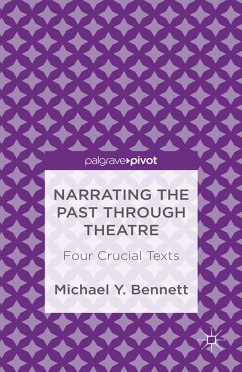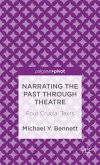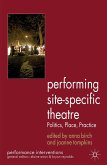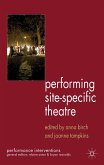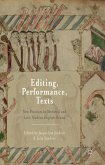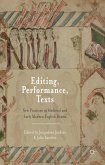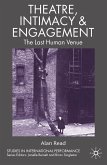This cutting-edge title explores how narrating the past both conflicts and creates an interesting relationship with drama's 'continuing present' that arcs towards an unpredictable future. Theatre both brings the past alive and also fixes it, but through the performance process, allowing the past to be molded for future (not-yet-existent) audiences.
'Narrating the Past through Theatre is a philosophical/literary discussion of how works of literature translate the past for the present and the future. It is a worthwhile discussion since the past as we know it at the beginning of the twenty-first century is unbearably burdensome unless we can somehow own it intellectually. Michael Y. Bennett's discussion of these texts is not polemical, but analytical, demonstrating the philosophical depths which drama must reach. These are all crucial moments in the intersection of time and culture. I find his reading simply the best thing I have ever read on Salome; the pace of fascinating insights is quite thrilling. I don't know of anyone who writes about drama quite like Bennett does. Perhaps Bert O. States would be a possible comparison. Both States and Bennett refuse to let philosophy or drama dominate the other. This book is solid intellectually, thoroughly researched, clearly and engagingly written, and will be a great success.' - Robert Combs, George Washington University, USA
